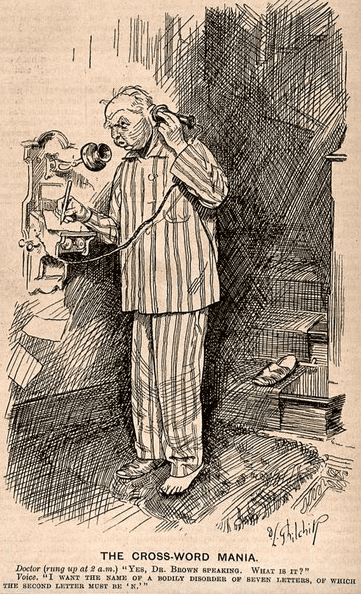
Dean Gianakos
Lynchburg, Virginia, United States
Think in ways you’ve never thought before.
If the phone rings, think of it as carrying a message
Larger than anything you’ve ever heard,
Vaster than a hundred lines of Yeats.
Think that someone may bring a bear to your door,
Maybe wounded and deranged; or think that a moose
Has risen out of the lake, and he’s carrying on his antlers
A child of your own whom you’ve never seen.
When someone knocks on the door, think that he’s about
To give you something large: tell you you’re forgiven,
Or that it’s not necessary to work all the time, or that it’s
Been decided that if you lie down no one will die.1
– Robert Bly, “Things to Think”
You are on night call and the phone rings. Eyes wide open, heart thumping, you reach for the phone on the bedside table and knock over a glass of water. The number and time on the screen light up in the dark—the intensive care unit, 10:45 pm. Before you pick up, you are already catastrophizing: “Who is coding? Did I re-check the potassium level on Mr. Smith?”
“Doctor, this is Jane from the ICU. I wanted to let you know Mr. Smith is back in normal sinus rhythm. His potassium level is 4.2. His hypotension has resolved.
“Also, Mr. Jones in bed two took your advice. He changed his mind about signing out against medical advice. Great work, Doctor.
“One more thing: he wanted me to tell you that he forgives you for missing the nodule on his wife’s chest x-ray.”
“Wait, what?”
Think in ways you’ve never thought before
The real message from Jane is larger and deeper than anything you have recently heard: be kind to yourself.
Vaster than a hundred lines of Yeats? You have not read a poem since high school. You do not remember who Yeats is, let alone a hundred lines of his poetry. However, you know that comprehending a hundred lines of any poem would be huge and painstaking. How many years will it take to re-wire your brain to accept and absorb Jane’s message? How many poems like this one will you need to read to become more self-compassionate?
Think in ways you’ve never thought before
The deranged bear at the door: could it be a metaphor for a wounded person you have been avoiding, someone who is now at your doorstep? Perhaps a patient, spouse, or colleague? Now you must deal with the problem: a person you have hurt, a relationship that needs repair; and only a bear in a poem like this one gets your attention. Only this poem gets your attention. Instead of fleeing, your pre-frontal cortex urges you to engage creatively. Although there is not a bear at the door, it is something nearly as terrifying to you: a furious patient with whom you seek reconciliation. You need your higher brain to help you here, not your amygdala. Is it time to have a courageous conversation with him?
Think in ways you’ve never thought before
A moose rising out of a lake and carrying a child of your own whom you’ve never seen—preposterous!
Think again, because there may be another message here, as vast as a hundred lines of Yeats. The bizarre image of the moose and child: what does it mean? Maybe it calls up your teenaged daughter, the one who lives in the basement and has not spoken to you in weeks—the one you have never seen in the way she truly is. Is it time to have a courageous conversation with her?
Think in ways you’ve never thought before
You are on call again, in a hospital call room near the ICU. It is past midnight. You are sitting at the computer and responding to office emails from two days ago. There is a knock on the door. Your amygdala alarms. Not thinking, you reach for your phone. No, it’s the door!
“Jane, is that you?”
“Yes, Doctor. You need to hear this. It is not necessary for you to work all the time. It has been decided that if you lie down, no one will die. Good night.”
It is the same vast message you heard the other night: be kind to yourself. How many years will it take to re-wire your brain to accept and absorb Jane’s message? How many amazing poems like this one do you need to read and re-read and reflect on and discuss with colleagues, friends, and spouse in order to become more self-compassionate?
Things to think.
References
- The Writer’s Almanac with Garrison Keillor, March 11, 2017: “Things to Think” by Robert Bly from Eating the Honey of Words. © Harper Collins, 1999. Reprinted with permission. https://www.writersalmanac.org/index.html%3Fp=9621.html
DEAN GIANAKOS, MD, FACP, is the Director of Medical Education at Centra Health in Central Virginia. He is a current member of Centra’s Physician Wellness Committee. As a general internist and former faculty member at Lynchburg Family Medicine Residency, he has taught family medicine residents and medical students for over 25 years. He is board-certified in Internal Medicine. He serves on the editorial board of the medical humanities journal, The Pharos.

Leave a Reply